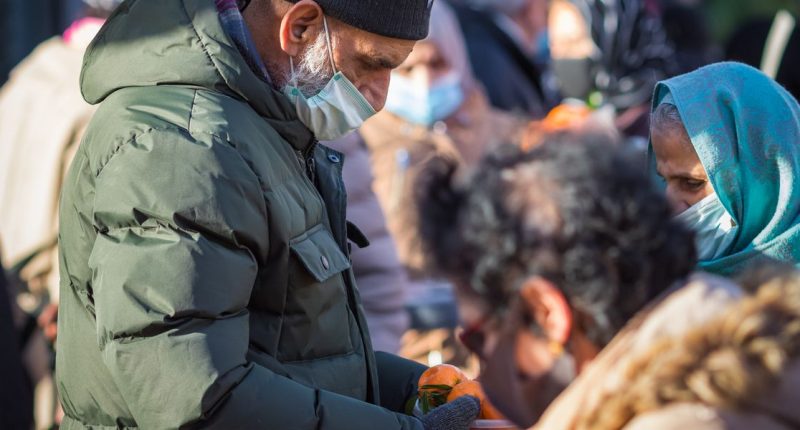People of colour and those who are socially vulnerable are more at risk of worse glycaemic control in diabetes, new research has found.
The study’s authors say their findings “further depict the persistent racial disparities” and highlight the importance of social vulnerability on diabetes control.
Principal Investigator Professor Robert Fortuna, from the University of Rochester, said: “We found that both race and social vulnerability were independently associated with diabetes control. Increasing social vulnerability was associated with worsening glycaemic control across all racial groups studied.
- Positive mindset amongst ethnic minority women associated with living longer
- Low and high glycaemic index diets improve endurance performance
- Hypoglycemia (low blood glucose levels)
“Within a given social vulnerability category, non-white participants had worse diabetic control than white participants.”
The research team looked at data from around 26,000 people with diabetes, measuring their social vulnerability index (SVI) through four themes: socioeconomic status, household characteristics, racial/ethnic minority status, and housing/transportation.
They also factored in self-reported race and ethnicity, food and housing insecurity, transportation and social isolation.
They found that 73.6% of people had controlled HbA1C – blood sugar level – which they broke down further to analyse different races: white: 75.7%, Black: 66.1%, Asian: 75.2%, and other races: 67.3%. The team found that when controlling for race, social vulnerability was linked to worse control.
Half of the group was asked about social determinants that can affect health. People who said they experienced food insecurity also experienced lower rates of glycaemic control (67.7%) compared with those without food insecurity (79.8%).
Similar findings were seen among people with housing insecurity, with 66% experiencing worse glycaemic control compared to those more secure in their housing situation (80.1%). There was also a big difference in glycaemic control between people with unmet transport needs and those not facing this challenge.
- Frozen shoulder triggered by high blood sugar
- Hyperglycemia
- Historic vaccine can combat diseases among people with type 1 diabetes
Study author Jennifer Tich, from the University of Rochester, said: “As of 2021, 29.7 million people were living with diabetes, contributing to significant morbidity across the population.
“Despite advances in diabetic care, marginalised populations bear an increased burden of diabetic complications.
“These findings highlight the importance of social vulnerability and social determinants of health on the control of diabetes. These findings further depict the persistent racial disparities across the spectrum of social vulnerability.”




